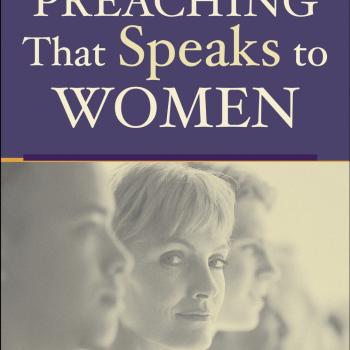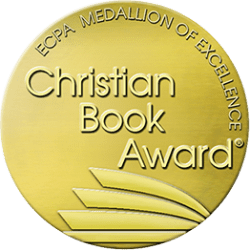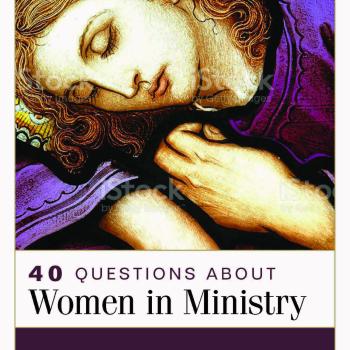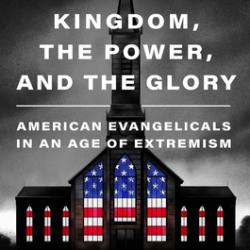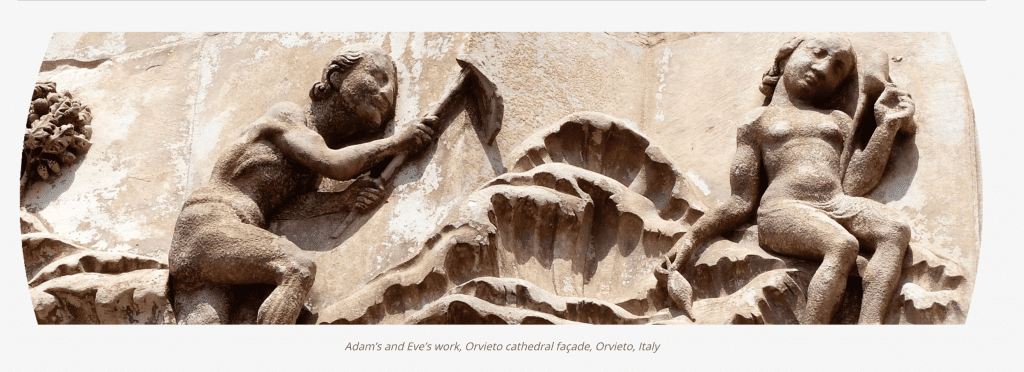
For the last 18 months, I’ve been neck-deep in researching what scholars have said regarding women in church leadership. Why? So I can collaborate on an upcoming book for Kregel Academic‘s 40 Questions series. In it, we engage forty questions surrounding this heavily debated topic.
Thankfully, it’s not the sort of book where we have/get to tell you why we think one perspective is more right than the other. Instead, we set up the issues underlying each question, then share the prevailing—and sometimes historical—interpretations by scholars on both sides.
What sides? you may ask. Great question. If you are familiar with the debate over what the Bible has to say about women in church leadership, you will recognize the terms complementarian and egalitarian. If those don’t ring a bell, no worries—we recommend different terms anyway.
Sue Edwards and I have written five other books together over the last 18 years. This one has required, by far, the most research, since it is based less on our experience and more on what others have been saying. My personal library is bursting with new books (sorry, honey! At least some of them are digital). I know many folks who are interested in what the Bible has to say about women, so I thought I’d share some of the most helpful resources I’ve come across in my research.
These books and articles run the gamut from easy reading to cross-your-eyes-and-reread-that-again scholarly tomes. For each one, I’ll give a quick overview and why I found it helpful.
 Are Women Human?
Are Women Human?
Dorothy Sayers, one of the first women graduates from Oxford University (England), as well as a friend of C.S. Lewis, wrote and spoke with a sharp wit and insightful intellect. In this tiny collection of essays, she reminds us that women are human, too, and that men and women resemble each other much more than they differ. How does this relate to what the Bible says about women? It may seem obvious to us now, but sadly for many in the past and even today, women were not considered to share fully in the imago Dei—image of God. Sayers metaphorically rolls her eyes at that idea. Clever and quotable!
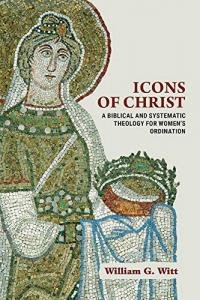 Icons of Christ: A Biblical and Systematic Theology for Women’s Ordination
Icons of Christ: A Biblical and Systematic Theology for Women’s Ordination
Theology professor Dr. William G. Witt argues in support of women’s ordination to vocational Christian service. The genius in Icons is that both Protestant and Catholic theologies are addressed. Did you know that opponents of women’s ordination in Catholicism argue their position from a completely different reasoning than their Protestant counterparts? Protestants focus on keeping Bible teaching under male authority, while Catholics are happy to give women authority with the Word as long as they do not attempt to represent a male Christ presiding over the Eucharist (the Table). Fascinating! A very scholarly work, Icons likely will be a mainstay in seminary classrooms.
 Men and Women in Christ: Fresh Light from the Biblical Texts
Men and Women in Christ: Fresh Light from the Biblical Texts
Andrew Bartlett approaches the third rail of theological studies not as a theologian but as a lawyer. Or, more accurately, a barrister—he’s an acclaimed Queen’s Counsel (QC) practicing in England. His legal background comes into play as he examines primary scholars on both ends of the spectrum, comparing and contrasting their methodology and conclusions. His genius lies in his clarity. Though he tackles complex texts and concepts, his organization of the material helps readers keep track and see the foundational differences between the opposing sides. Primarily he contrasts Wayne Grudem (complementarian) with Philip Payne (egalitarian), two leading voices on opposite sides of the issue.
 Rediscovering Scripture’s Vision for Women: Fresh Perspectives on Disputed Texts
Rediscovering Scripture’s Vision for Women: Fresh Perspectives on Disputed Texts
Dr. Lucy Peppiatt, principal of Westminster Theological Centre, evaluates Paul’s writing in the New Testament, primarily. She handles the text respectfully and with integrity, like many other scholars. What makes this work so valuable, at least in my own studies? Peppiatt clarified, like no other scholar I’d read, that Genesis 1–2 holds the key to whether one sees hierarchy or mutuality between men and women. Paul must be read through Genesis, rather than reading Genesis through Paul. A game-changer, written in a very accessible style.
 Resources for Revisiting the Question of Women in Public Ministry
Resources for Revisiting the Question of Women in Public Ministry
On this page, professor and author Dr. Sandra Glahn has collected dozens of her articles written over several years, all addressing specific questions related to women. She also includes a short list of recommended books to read. If you prefer short articles that answer a variety of questions, bookmark her page (like I did) and visit it frequently. She’s a gifted communicator and scholar, having focused her Ph.D. studies on ancient Ephesus and its relevance to Paul’s writings. Bonus: She’s begun a Gender & Faith section on her own site as well.



